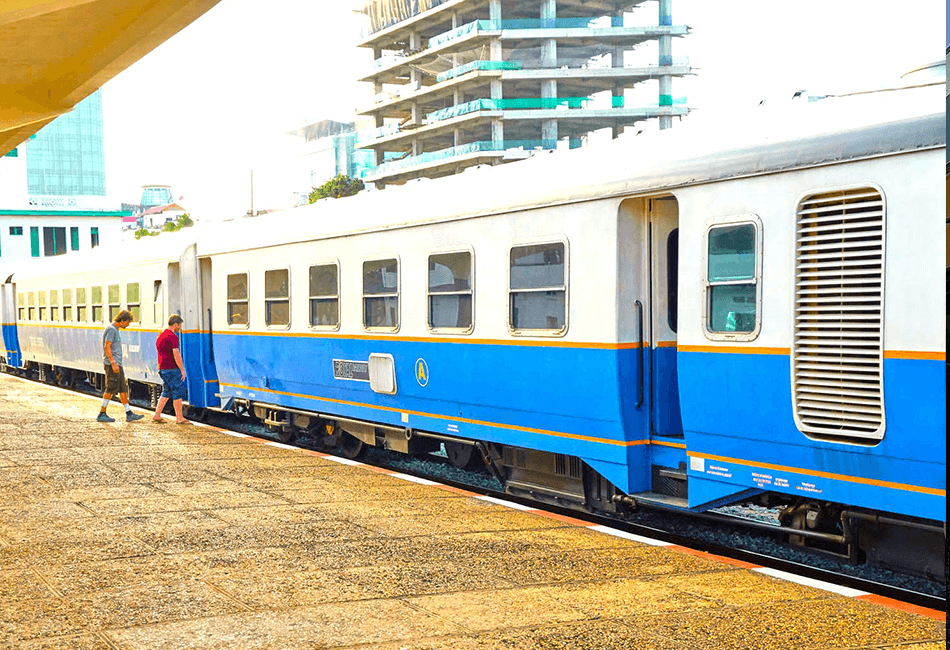The Cambodia Railway Station plays a vital role in connecting the nation, providing a reliable and convenient mode of transportation for locals and tourists alike. This article explores the history, significance, and future of the railway station, highlighting its impact on Cambodia’s transportation system and economy.
Cambodia Railway Station: A Historical Journey
The Cambodia Railway Station has a rich history that dates back to the French colonial era. Built in the late 19th century, the railway system was initially established to transport goods and resources across the country. Over the years, the railway expanded, connecting major cities such as Phnom Penh, Battambang, and Sihanoukville.

Why is the Cambodia Railway Station Important?
The Cambodia Railway Station serves as an essential mode of transportation for both locals and tourists. It offers an affordable and convenient way to travel across the country, showcasing the beauty and cultural diversity of Cambodia.
Boosting the Economy
The Cambodia Railway Station plays a significant role in boosting the country’s economy. By providing a reliable transport network, it facilitates the movement of goods and supports various industries such as agriculture, manufacturing, and tourism. Efficient transportation via the railway station also creates employment opportunities and stimulates economic growth in the regions it serves.
Infrastructure Development: The Future of Cambodia Railway Station
With ongoing infrastructure development initiatives, the future of the Railway Station looks promising. The government, in partnership with international organizations, is investing heavily in upgrading and expanding the railway network. This includes the construction of new tracks, modernizing train services, and improving the overall passenger experience.

Tourist Attractions Along the Railway
One of the unique features of the Cambodia Railway Station is the opportunity for tourists to explore cultural and natural attractions along the rail route. From villages to picturesque countryside landscapes, the railway journey offers a unique glimpse into Cambodia’s hidden gems.
Environmental Benefits
Beyond its economic and tourism benefits, the Railway Station also contributes to environmental sustainability. Trains are known to be more eco-friendly compared to other modes of transportation, producing lower carbon emissions per passenger. By promoting train travel, the railway station helps reduce congestion and pollution on roads, contributing to a greener and cleaner Cambodia.

Conclusion
The Cambodia Railway Station stands as a symbol of progress and connectivity, linking cities, communities, and cultures. Its importance cannot be overstated, as it not only provides an efficient mode of transportation but also drives economic growth and fosters sustainable development. Whether you are a local resident or a curious traveler, embark on a journey through Cambodia’s vibrant landscapes and experience the charm of the Cambodia Railway Station for yourself.





